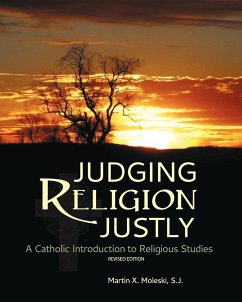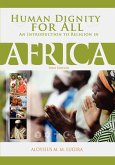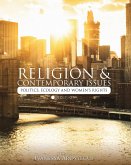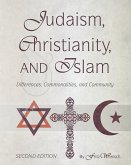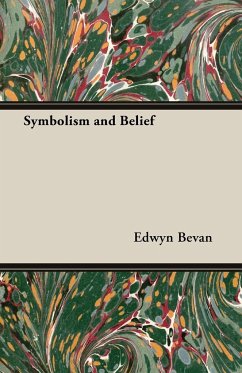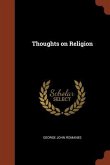The motto of the Society of Jesus is "Ad Majorem Dei Gloriam," which translates as "To the Greater Glory of God." Jesuits are not dedicated to the idea of God in the abstract but to the God of Abraham, Isaac, and Jacob¿the God who reveals Himself as Father, Son, and Spirit through the life, death, resurrection, and ascension of Jesus. Although the author worships Jesus as true God and true Man, and accepts Him as the Way, the Truth, and the Life, Jesus said that "everyone who belongs to the truth listens to my voice" (Jn 18:37). Christians have no monopoly on wisdom, justice, detachment, virtue, truth, beauty, goodness, or love. In the light of the truth revealed in and by Jesus, we can see where He has been at work in other ages and cultures to draw all to Himself. Judging Religion Justly: A Catholic Introduction to Religious Studies treats the Judeo-Christian tradition at length; Hinduism, Buddhism, Confucianism, Taoism, Zen, and Islam are introduced in a rudimentary fashion, with just enough detail to give some sense of the history, culture, philosophy, and theology of these religions. Martin X. Moleski, SJ is a Jesuit priest and a Professor of Religious Studies and Theology at Canisius College in Buffalo, New York. He completed his Ph.D. work at The Catholic University of America in 1991 and has taught Introduction to Religious Studies since 1988. His first book, Personal Catholicism, used the philosophies of John Henry Newman and Michael Polanyi to investigate how we know what we know about God. He co-authored Michael Polanyi: Scientist and Philosopher with William T. Scott, a professor of physics from University of Nevada at Reno.
Hinweis: Dieser Artikel kann nur an eine deutsche Lieferadresse ausgeliefert werden.
Hinweis: Dieser Artikel kann nur an eine deutsche Lieferadresse ausgeliefert werden.

